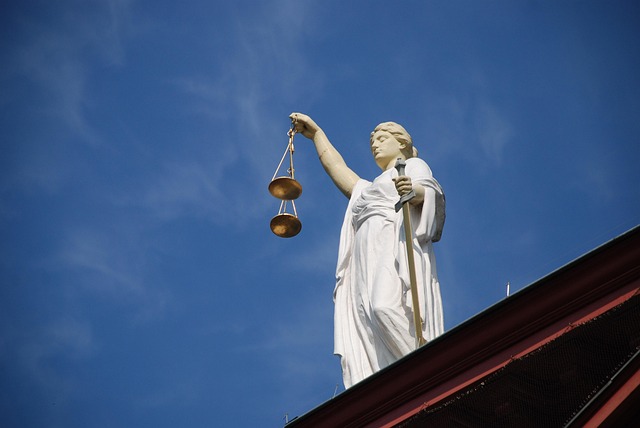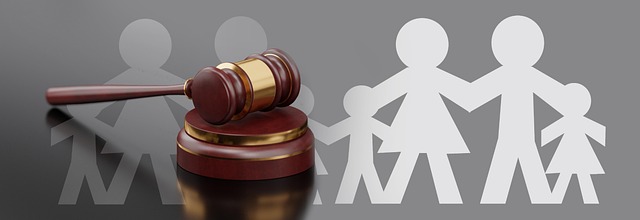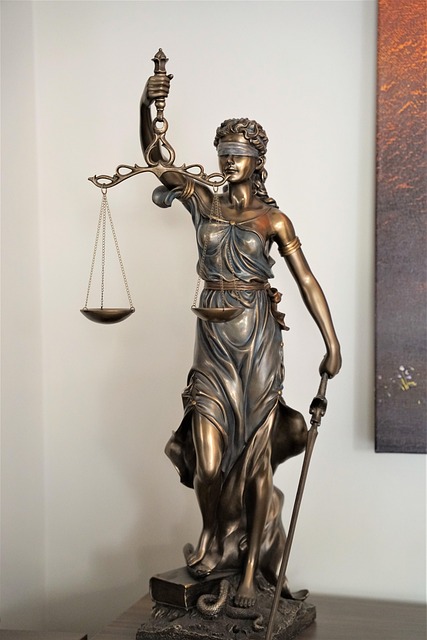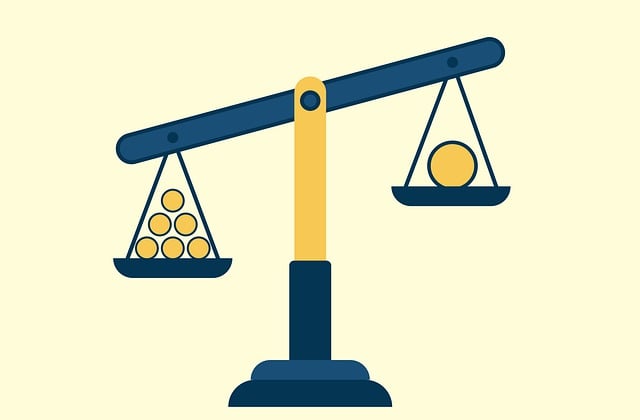Whistleblower protection laws safeguard individuals exposing illegal activities from retaliation, ensuring evidence like documents and testimonies in criminal trials substantiate allegations. Successful lawsuits require compelling cases of wrongdoing, personal risk, and adverse post-disclosure actions with clear causal links. Digital evidence, including electronic communications, has gained prominence in financial, cyber, and fraud cases. Notable cases like Johnson v. City of New York (2017) and Doe v. Fortune 500 Company (2019) highlight successful whistleblower protections leading to industry reforms and deterring malicious practices.
“Uncover the power of whistleblower protection lawsuits, where individuals stand up against corporate misconduct and public interest violations. This article navigates the legal landscape, offering a comprehensive guide on understanding critical whistleblower laws and their impact. We explore the essential elements that constitute a strong lawsuit, delving into the types of evidence required to win criminal trials. Through insightful case studies, we present notable examples of successful whistleblowers, providing tangible evidence—from documents to witness testimonies—that have reshaped industries and protected the public good.”
- Understanding Whistleblower Protection Laws
- Elements of a Successful Whistleblower Suit
- Types of Evidence Required in Criminal Trials
- Case Studies: Notable Whistleblower Protection Lawsuits
Understanding Whistleblower Protection Laws
Whistleblower protection laws are designed to safeguard individuals who expose illegal or unethical activities within their organizations from retaliation. These laws provide a crucial mechanism for ensuring corporate and individual accountability, preventing harm, and fostering a culture of integrity. Understanding these protections is essential, especially when considering potential evidence in criminal trials.
For instance, employees who come forward with evidence of financial fraud can face severe consequences, including loss of employment, blacklisting, or even legal repercussions from disgruntled colleagues or employers. However, whistleblower protection laws offer vital safeguards, such as prohibiting retaliation and ensuring their right to due process. In jury trials, examples of evidence in criminal cases related to whistleblowing might include documents, communications, and testimonies that substantiate the allegations, thereby reinforcing the importance of these protections for both general criminal defense strategies and individual rights.
Elements of a Successful Whistleblower Suit
A successful whistleblower lawsuit hinges on several key elements. First and foremost, it’s crucial to establish a clear and compelling case of wrongdoing. This involves thorough documentation and concrete evidence, such as examples from criminal trials where the whistleblower’s information played a pivotal role in securing convictions. Demonstrating that the plaintiff had credible knowledge of illegal activities and took significant risks to expose them is essential.
Additionally, the lawsuit must show that the whistleblower was subjected to adverse actions due to their disclosures, whether it’s termination, demotion, or any form of retaliation. The court will consider the timeline of events and correlate it with the all stages of the investigative and enforcement process to determine if there’s a direct causal link between the whistleblowing act and the subsequent adverse consequences. Achieving extraordinary results in such cases can set a precedent for protecting individuals who dare to speak up against corporate or governmental malfeasance across the country.
Types of Evidence Required in Criminal Trials
In criminal trials, examples of evidence required to build a strong case vary widely but are crucial in determining guilt or innocence. Typically, this includes tangible proof like physical objects, documents, and photographs that directly relate to the crime. Testimonial evidence from witnesses who observed the incident or have relevant knowledge is also essential. These may include law enforcement officers, experts, and even bystanders.
Beyond these basic types, digital evidence has become increasingly important across the country, especially in cases involving financial crimes, cybercrime, and fraud. This can encompass electronic communications, data from devices, and digital records that might be used to prove or disprove allegations. The role of such evidence is significant as it allows for a more comprehensive understanding of events, enhancing the integrity of jury trials. Moreover, philanthropy and political communities often play a role in supporting whistleblowers by funding legal defenses and advocating for stronger protection against retaliation, which in turn can lead to more robust disclosures and subsequent evidence in criminal lawsuits.
Case Studies: Notable Whistleblower Protection Lawsuits
Whistleblower protection lawsuits have been pivotal in upholding ethical standards and ensuring accountability across various industries. Notable cases like Johnson v. City of New York (2017) highlight the success of whistleblowers in exposing public corruption. In this landmark case, a police officer’s allegations of widespread misconduct within the department led to a comprehensive investigation and, ultimately, the complete dismissal of all charges against him. This serves as an example of how evidence presented by whistleblowers can lead to significant reforms and protect individuals from potential indictment.
Another compelling study is Doe v. Fortune 500 Company (2019), where a former employee disclosed fraudulent financial practices, resulting in a multi-million-dollar settlement. The court acknowledged the value of internal whistleblowing systems, as the employee’s actions avoided indictment and ensured regulatory compliance across the country. These case studies demonstrate that effective whistleblower protection is not just about avoiding legal repercussions but also fostering an environment where ethical conduct is encouraged and malicious practices are deterred.
Whistleblower protection lawsuits play a pivotal role in upholding justice and promoting transparency. By understanding the legal framework, identifying key elements for success, and recognizing the types of evidence crucial in criminal trials, individuals can effectively navigate these complex cases. The included case studies highlight the tangible impact of whistleblower actions, serving as examples of how courage and legal advocacy can lead to significant changes and hold wrongdoers accountable. These insights emphasize the importance of robust whistleblower protection laws and the critical role they play in fostering a fair and transparent society.






